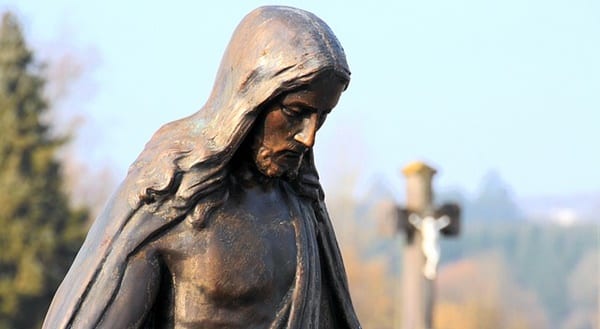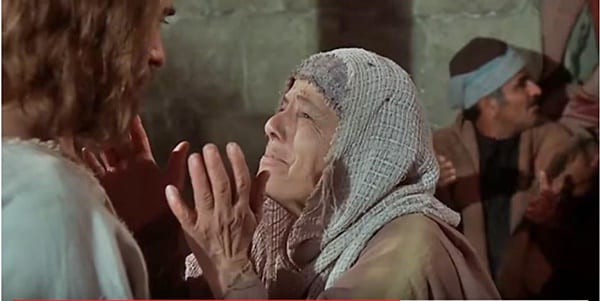
She sobbed as she sat across the table from me. As a community chaplain who ministers in public spaces, I’ve grow accustomed to these moment. In fact, as heartbreaking as they are, I’ve grown to treasure them.
We met at our local diner for breakfast. I made sure that we sat in the far corner of the restaurant, just in case she needed a bit more privacy. After all, her life was falling apart and she desperately wanted to pick up the pieces. She had been in the hospital numerous times in the last five months and she knew that if she didn’t change her behavior, she would soon die.
And she’s only 27.
But at age 27, she’s addicted to heroin. Before becoming a chaplain, I wondered how anyone could ever manage to become addicted to drugs. People like that, I assumed, were just stupid, weak, and lacked self-control.
Now I know better. As our breakfast came and we began eating, I looked her in the eyes and said, “You know, studies show that people who are addicted to drugs are medicating the pain of their past. Is that true for you?”
Of course it’s true. It’s always true. Tears began rolling down her cheeks as she told me about the physical, sexual, and emotional abuse of her childhood. She turned to drugs to escape the trauma of her past.
I can no longer blame addicts. I know too much. I know that behind every drug addiction there is a story of physical, emotional, and spiritual pain.
It’s those moments, when another human being, made in the very image of God, weeps from inner turmoil that I want to wrap my arms around them. I want to take away the trauma of their past. I want to tell them that it’s going to be okay.
But I don’t know if it’s going to be okay. In fact, I know that the odds are stacked against this woman. To heal, she needs to stop numbing the pain of her past. She needs to heal from it. She needs to name it, unpack it, express it, and in some way reconcile with it.
But, damn, that’s a hard road to go down. Numbing the pain through drugs is much easier, and it works. For a time. But I’ve seen it countless times before – it leads to an early death.
In addition, our society blames drug addicts for their condition. We use phrases like “free will” in an effort to encourage people to take responsibility for changing their behavior. But “free will” is too often used as a way to scapegoat. It’s a self-righteous way of saying, “I used my free will in a good way. Look at me! I’m not one of those drug addicts! Thank God I’m not a druggie!”
I used to think that way, but then I heard their stories. Now, I empathize. If I suffered abuse like that, I would probably try to medicate my pain through drugs, too. Empathizing is good, of course. But the next step is spiritual intervention. That’s the hard work of going through the pain. When we can talk out our pain with words, we become less likely to act out our pain with needles.
So, back at the restaurant I listen as she talks out her pain. I place my hand gently on her shoulder as she sobs. She grasps my arm and through her tears she says, “Thank you.”
And that’s where my heart breaks. I’ve been doing this long enough to know that miracles do happen, but they are rare. How will her story end? Will she pick up the pieces? Will she find a supportive community? I don’t know. That’s not up to me, so I give it up to her and to God.
Then I pray.











